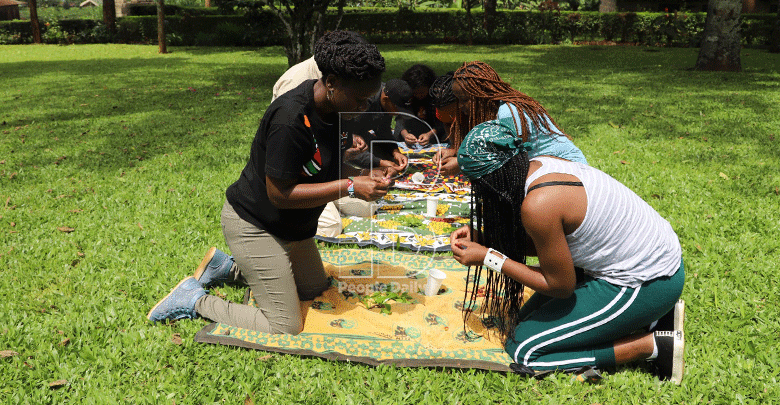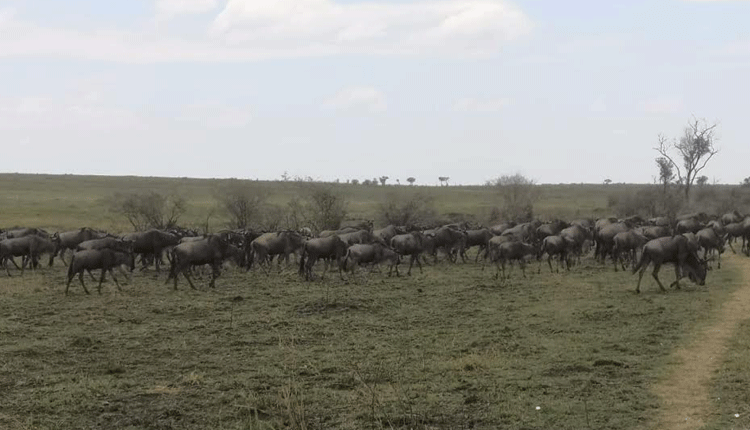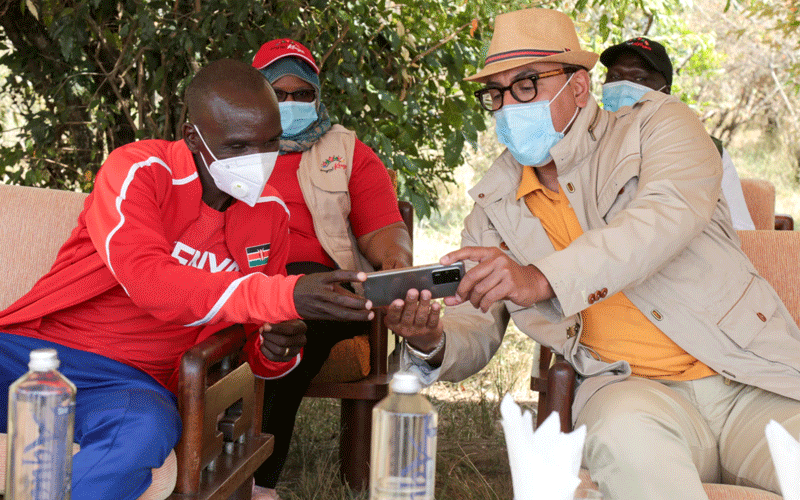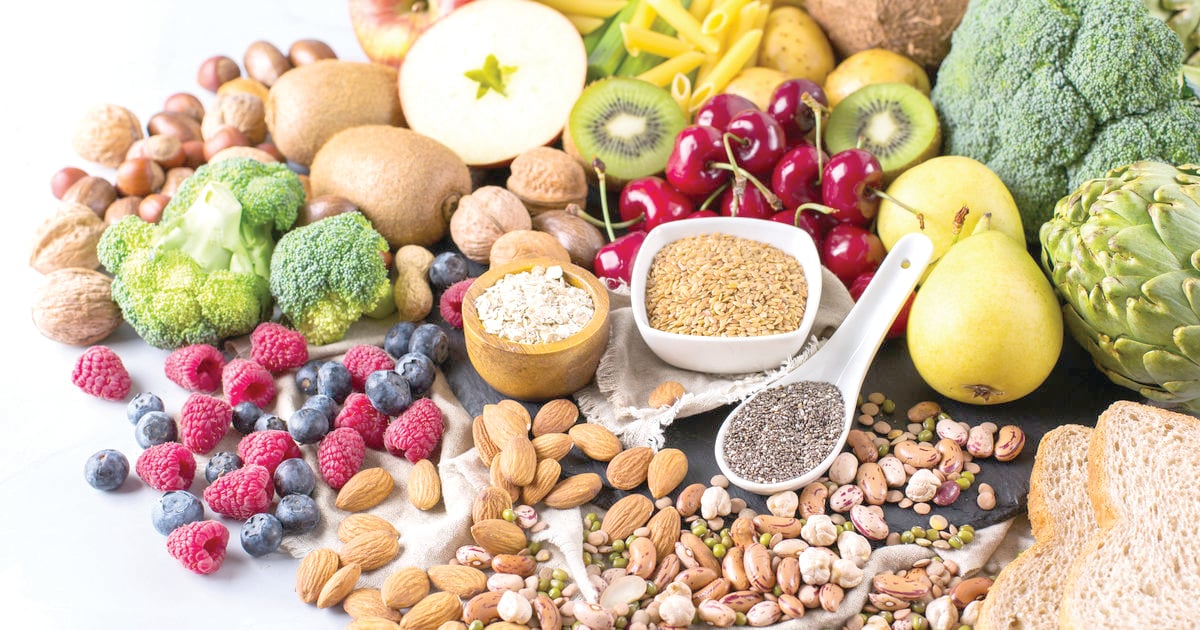Home & away: I’ve started loving homestays more than hotels

I’ve started loving homestays more than hotels. First of all, there is no better definition of home away from home than spending a vacation in a homestay.
We were booked in by the Kenya Tourism Board at Kiburi Homestay, which is situated in Kimunye Town, Kutus, just two hours from Nairobi.
We arrived there at around six o’clock in the evening. Though the place was scenic, I mean, green grass everywhere and the sight of tea, the weather was cold as ice.
Fortunately, we found fire in the fireplace, a hot cup of tea of different flavours, plus some homemade snacks awaiting.
But first, each of us had to choose our rooms, which were spacious. There is one that belonged to the owner of the house, who’s now late, Hon Geoffrey Kariithi, and his lovely wife, Wangeci Kariithi; a master en suite with a balcony overlooking the tea plantation. Photos taken here come out magical during sunset and sunrise. Several accommodation options are available, depending on the number of people booking.
Wangeci Mungai, who is the CEO and one of the late’s grandchildren, told us that the family (children and grandchildren) still comes to guka’s and cucu’s home for bonding as it’s their shagz.
Another reason why I love homestays is the fact that I get to eat at whatever time I feel like, without having to worry that I will find the restaurant closed or the food cold.
Also, I love the fact that the food is homemade. I had a plate of mbuzi choma (roasted goat), which I’m still thinking about even right now that I’m back home.
The following day, our host Ms Elizabeth Kariithi or Aunty Lizzie, narrated to us the story of the house piece by piece with memories and love. It was built in the early 1960s by her father.
They were seven children, and her father was amongst the first people to be educated in the area. After school, he was taken to England, like many other Africans perceived to be the next leaders, to be ‘cultured’.
“They had to learn how to eat, dress and talk in proper English,” narrates Lizzie.
One thing about their father is that he valued education and ensured that every one of his children and grandchildren attended great schools.
Her father too was one of the first Africans to plant coffee, as they were denied by the colonialists to do so.
It took time for the family to finally accept to open doors of the 50-acre farm to the public, to share their precious memories of their grandparents.
There is also a camping option for guests, with a clean washroom to go with it.
After the brief history of the house, it was time to tour the farm, and I must say, my knowledge of coffee now is at 50 per cent.
First, I learnt how the different grades of coffee look like and also the various types they are planting in the region.
They use S1 mixed with Ruiru 12, which in the end produces high disease resistance and quality cup. For Wangeci, who was our guide at the farm, her passion for coffee began when she was a child.
She recalls her grandmother picking up all her grandchildren during school holidays to work in the farm and to teach them about coffee.
That’s how her knowledge of it grew, and now she is happy sharing the information with others.
She believes that it is only through training that awareness of the benefits of coffee and also the introduction of a coffee culture just like in Ethiopia will emerge in the country.
We also toured the tea farm, the poultry and the dairy farm too. I was surprised that the cows sleep on a mattress and according to Wangeci, cows are emotional beings just like humans, and will produce milk by how you treat them.
After that, it was time to be tested on what we learnt, and we played some games to jog our memory.
The farm visit is not the only activity that one can do here. Group hikes can be organised upon request, which include ascending Mount Kenya and also walking through the forest.
One can also have barbecues and picnics or just spend some time alone relaxing, enjoying the fresh air away from the hustle and bustle of city life.















